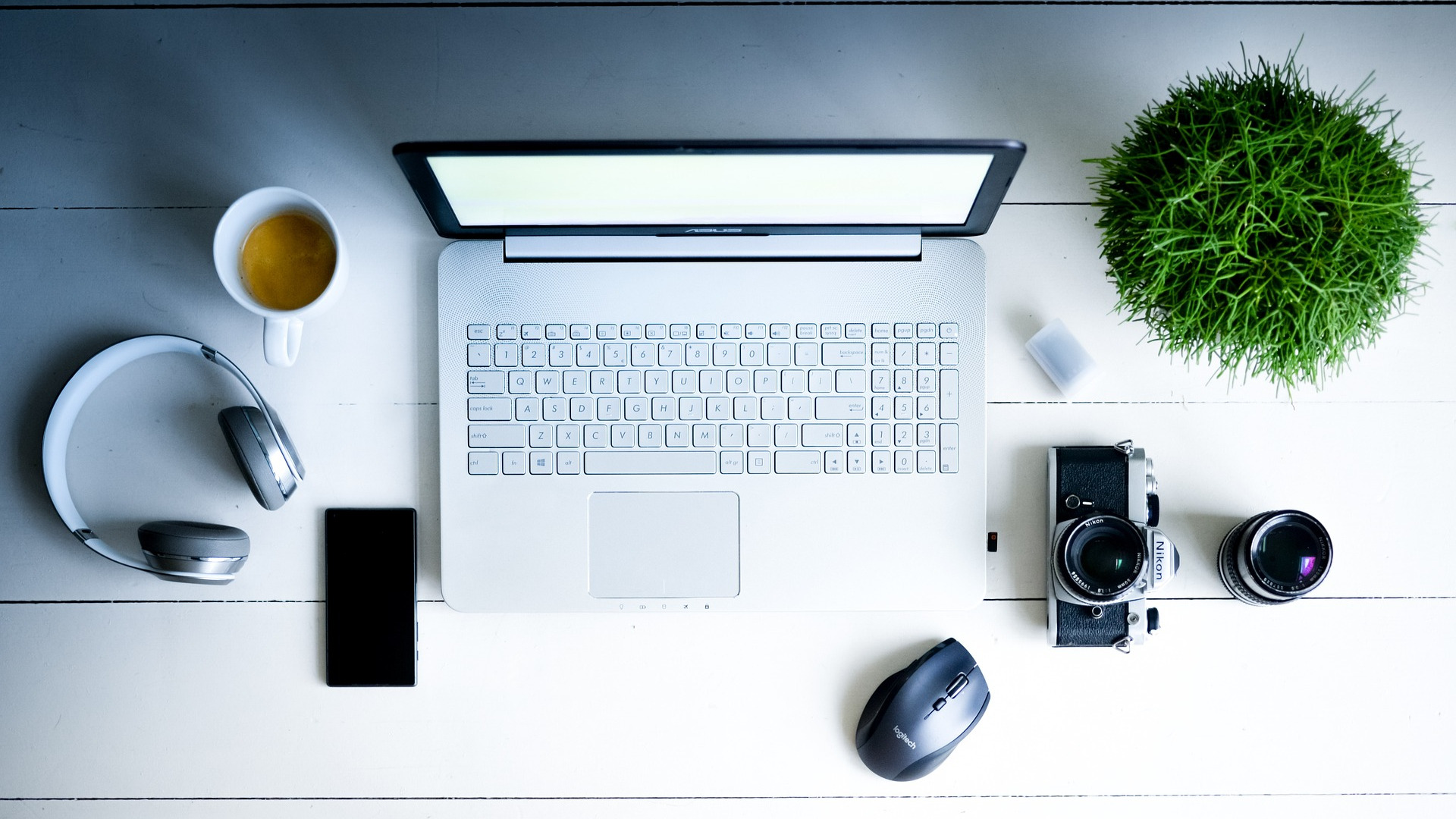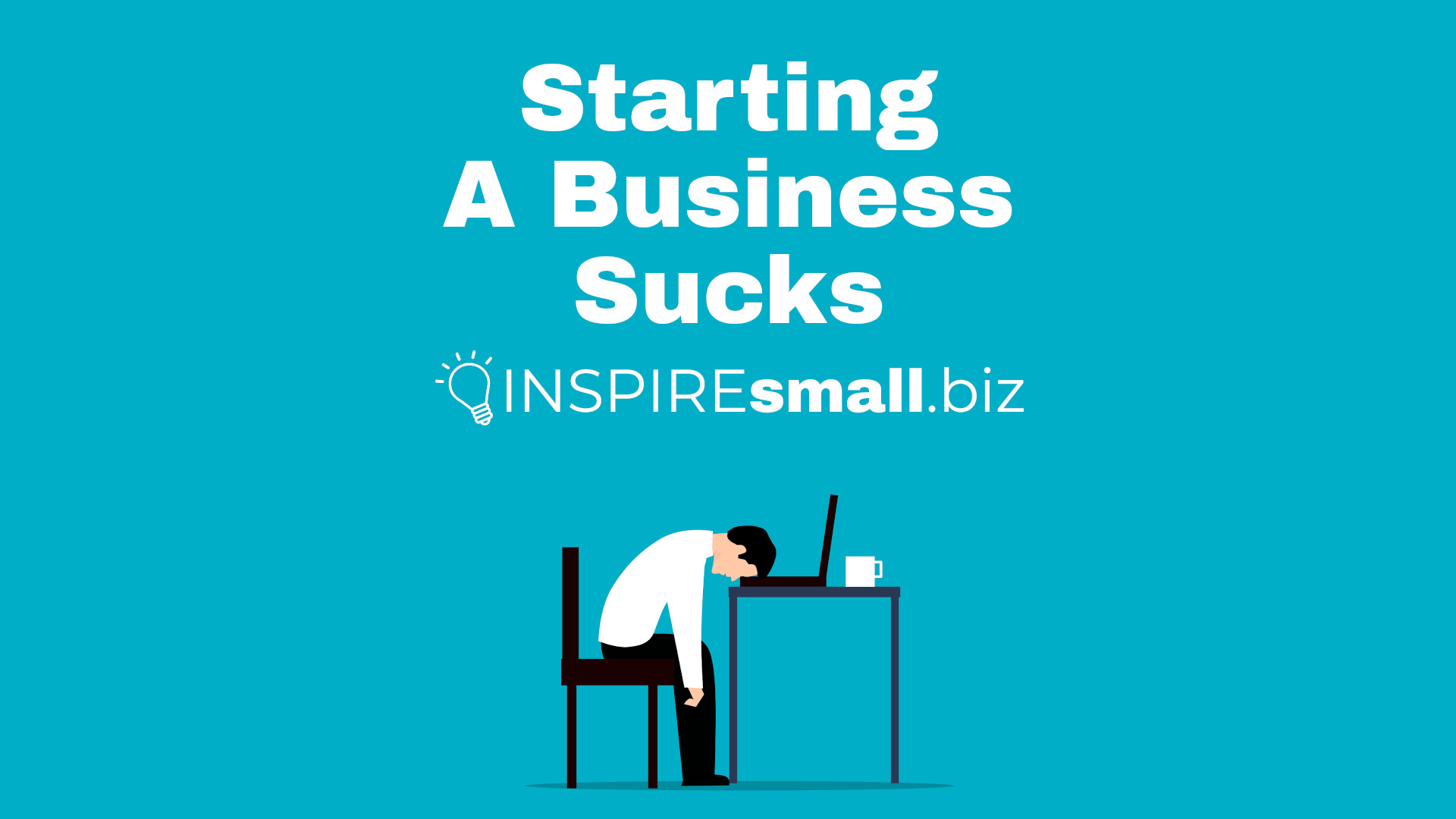Choosing the right laptop for your business is a critical decision. Whether you’re a solopreneur, part of a growing startup, or managing an established company, your laptop is one of the most essential tools in your professional arsenal. It’s where ideas are developed, deals are closed, and daily operations are managed. With so many options available, finding the perfect laptop can be daunting. In this guide, we’ll break down the key factors to consider so you can make an informed decision.
As an Amazon affiliate, we earn a small profit from any items purchased through links in this article.
Define Your Business Needs
The first step in choosing the right laptop is understanding how you’ll use it. Your business needs will determine the specifications that are most important.
What kind of work do you do? If you’re a graphic designer or video editor, you’ll need a laptop with a high-performance GPU and plenty of RAM. For general office tasks, a mid-range model will suffice.
Do you travel often? If you’re constantly on the go, prioritize portability and battery life.
What software do you use? Ensure your laptop meets or exceeds the system requirements for your essential programs.
Key Specifications to Consider
Processor (CPU)
The CPU is the brain of your laptop. For most business users, an Intel Core i5 or i7, or an AMD Ryzen 5 or 7, will provide a balance of performance and efficiency.
RAM
More RAM allows for smoother multitasking. A minimum of 8GB is recommended for general business use, but 16GB or more is ideal for demanding applications.
Storage
SSD vs. HDD: Solid-state drives (SSDs) are faster and more reliable than traditional hard drives (HDDs). Opt for at least 512GB of SSD storage.
Cloud Integration: If you store most files in the cloud, you may not need extensive local storage.
Battery Life
For professionals who work remotely or travel frequently, a laptop with 8-10 hours of battery life is ideal.
Display
A high-resolution display (at least Full HD or 1080p) is essential for clarity. If your work involves visual tasks, consider a laptop with a 4K screen or color-accurate display.
Graphics Card (GPU)
For graphic design, video editing, or 3D modeling, a dedicated GPU like the NVIDIA GeForce series is a must. For general tasks, an integrated GPU is sufficient.
Portability vs. Power
Balancing portability with power is essential, especially for business users. Ultrabooks are thin, light, and portable, these laptops are perfect for travel. Workstations are heavier laptops often provide higher performance for demanding tasks but are less portable.
Operating System Options
Your choice of operating system (OS) depends on your workflow and software needs.
- Windows: Compatible with a wide range of software, Windows laptops are versatile and available in various price ranges.
- macOS: Ideal for creatives and users in the Apple ecosystem, macOS offers excellent performance and intuitive design.
- ChromeOS: Chromebooks are budget-friendly and great for web-based tasks, but they may not support specialized software.
Connectivity and Ports
Ensure the laptop has the ports and connectivity options you need. Common options include:
- USB
- HDMI (for external displays)
- SD card reader (useful for photographers)
- Ethernet (for stable internet connections)
Additionally, look for laptops with Wi-Fi 6 and Bluetooth 5 for faster, more reliable wireless connectivity.
Recommended Laptops for Business
Windows
Best for Basics: HP 15-DY Laptop – Need a computer for everyday tasks without breaking the bank? Look no further than this laptop. This is probably the bare-bones basics of what to look for in a new computer. The processor is an Intel Core i3-1215U with six cores. It also has 8GB of RAM and a 256 GB solid state hard drive. While it does have a maximum of 10-hours of battery life, that will vary based on your specific usage.
Best for General Use: HP 255 G10 Notebook – At just 3.3 lbs., this laptop packs a lot of performance. AMD Ryzen 5 7730U processor features eight cores, making it easy to have multiple apps running at once. This computer also includes Windows 11 Pro, Webcam, WiFi, Bluetooth and the option upgrade from 16 GB of RAM with a 512 GB solid state hard drive to 64 GB of RAM with a 4TB hard drive.
Best for Performance: HP Envy 17 Touch Laptop – This laptop was designed for performance. The Intel Core Ultra 7 processor has an impressive 16 cores. 64 GB of RAM, 4 TB solid state hard drive and 17.3” screen in full 1080 high definition. It also includes three full size USB ports, Bluetooth and HDMI port for working with two monitors or presentations.
As an Amazon affiliate, we earn a small profit from purchases made through these links.
macOS
Best for Basics: MacBook Air 13” Laptop – This is the most affordable option for an Apple laptop. It includes Apple’s own M3 processor with 8 cores, 16 GB of RAM and the base option has a solid state 256 GB hard drive. Despite being Apple’s most affordable option, it has many of the same features as more expensive models like a full 1080 webcam, backlit keyboard, fingerprint reader and an impressive screen resolution.
Best for General Use: MacBook Air 15” Laptop – This laptop is a slightly larger version of the MacBook Air 13” with more RAM and hard drive space. It boasts 24 GB of RAM and a 512 GB solid state hard drive. You’ll also get up to 18 hours of work out of the battery, which makes working on the go extremely convenient.
Best for Performance: MacBook Pro 16.2” Laptop – Currently the most powerful Mac on the market, the MacBook Pro 16.2” Laptop is packed with Apple’s M4 Max processor with 16 cores, and supports up to 128 GB of RAM and up to 8 TB hard drive. This laptop also has three Thunderbolt 5 ports, an SDXC card slot, an HDMI port, and a headphone jack.
As an Amazon affiliate, we earn a small profit from purchases made through these links.
ChromeOS
Overall Recommendation: SAMSUNG Chromebook 3 () – If your entire business is in the cloud, you might enjoy using a Chromebook. In it’s simplest form, a Chromebook is essentially an Android smartphone with a keyboard and touchpad. They are not designed for performance, they are a cost-effective option for businesses that simply need a reliable way to connect to the internet. This model includes an Intel Celeron quad-core processor, 4 GB of RAM and 32 GB of storage. It also has two USB ports and weighs less than 3 lbs.
As an Amazon affiliate, we earn a small profit from purchases made through these links.
Warranty and Support
A strong warranty and reliable customer support are crucial for business laptops. Look for manufacturers that offer extended warranties, accidental damage coverage, or on-site repair services.
Budget Considerations
Your budget will play a significant role in your decision. Business laptops typically range from $400 to $4,500 or more. Consider the long-term value: a slightly higher upfront cost for better performance and durability can save you money in the long run.
Take into consideration that purchasing new equipment for your business, including laptops are a tax-deductible expense. Be sure to talk to your accountant or bookkeeper about the potential tax benefits. If you aren’t working with an accountant, here is a list of INSPIREsmall.biz members who can help.
Invest in the Right Tool for Success
Your laptop is an investment in your business’s productivity and success. By carefully considering your needs and researching your options, you can find a device that supports your goals. Whether you’re creating presentations, managing finances, or editing videos, the right laptop will empower you to work efficiently and effectively.
Ready to find your perfect laptop? We also offer personalized computer recommendations, help getting your data moved over and connected to all your other tech devices. Schedule a consultation with us today.



